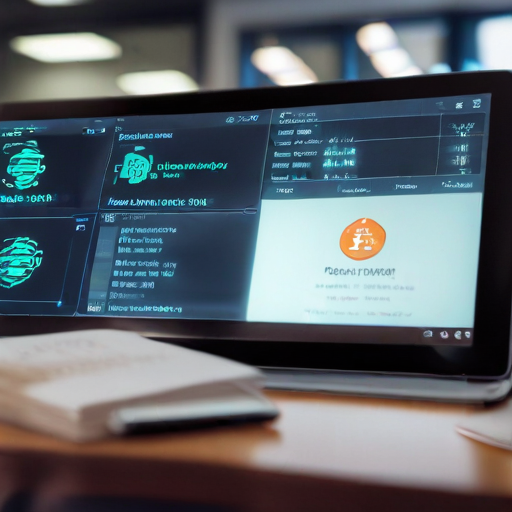As digital assets continue to gain traction in financial markets, the IRS has introduced new regulations aimed at enhancing the reporting processes for these transactions. This change is significant for tax and accounting professionals, as it will reshape how cryptocurrency and other digital asset transactions are monitored and reported for tax purposes.
With the implementation of these new IRS guidelines, accountants are expected to experience a notable increase in client inquiries, underscoring the importance of being well-prepared. Besides simply ensuring compliance, understanding the intricacies of digital asset reporting can provide firms with a unique opportunity to establish themselves as trusted advisors amid the rapidly changing landscape.
Understanding the Digital Asset Reporting Changes
The latest IRS rules mandate that brokers report the gross proceeds from digital asset sales and provide necessary tax basis information. Specifically, brokers must file Form 1099-DA for certain transactions. These regulations apply to custodial brokers, hosted wallet providers, and payment processors, though they do not cover decentralized brokers who do not possess the assets. Cryptocurrencies, non-fungible tokens (NFTs), and stablecoins are included in this reporting requirement.
The intricate nature of digital asset taxation positions accountants as vital resources for their clients. Gaining a thorough knowledge of these regulations allows firms to build deeper relationships with their clients, expanding their role from basic compliance tasks to proactive advisory services.
For instance, by advising clients on how to strategically sell tokenized assets to minimize their tax liabilities, an accountant could save clients thousands, thereby enhancing the firm’s value beyond mere tax preparation. Additionally, providing insights regarding the ramifications of dual-classification assets or real estate transactions involving digital assets can empower clients to navigate these complexities confidently.
Strategies for Assisting Clients with Digital Asset Reporting
1. Understanding Broker Responsibilities: By knowing which entities meet the criteria for brokers and their associated obligations, firms can guide clients on the specifics needed for Form 1099-DA filings.
2. Comprehensive Reporting Support: Clients with significant digital asset holdings may find the required record-keeping daunting. Firms could offer tailored services to help clients reconcile transaction histories, compute adjusted bases, and prepare the necessary filings.
3. Tax Planning for Digital Assets: Advising clients on effective tax strategies, such as timing asset sales to qualify for lower capital gains rates or minimizing taxable events, can significantly benefit their financial outcomes.
4. Navigating Real Estate Transactions: With the increasing use of digital assets in real estate transactions, accountants can assist in the accurate reporting of fair market values to help clients through this specialized area.
5. Simplifying Compliance with Optional Reporting: Clients should be informed about optional aggregate reporting methods available for stablecoins and NFTs, which can streamline their compliance process.
Building a Digital Asset Advisory Framework
While immediate attention is directed towards meeting compliance deadlines in 2025 and 2026, it is clear that a broader trend towards digital asset regulation is underway. Firms that invest in enhancing their knowledge and service offerings now will be strategically positioned as digital assets become further ingrained in mainstream finance. By developing services like tax planning and reporting assistance, firms can maintain a competitive edge against those who are slower to adapt.
Staying updated with regulatory changes is crucial, ensuring that firms remain valuable resources for clients. Whether it involves clarifying new exemptions, managing the complexities of staking transactions, or assisting with IRS communications, maintaining a forward-thinking approach will distinguish your services.
As firms look to embrace the opportunities presented by the new digital asset reporting requirements, investing in expertise and adapting business models will pave the way for long-term growth and stronger client relationships.
Overall, this evolution in compliance can be seen not just as a challenge, but as an opportunity for accountants to provide higher-value advisory services, strengthening client trust and positioning themselves as leaders in the digital financial landscape.
